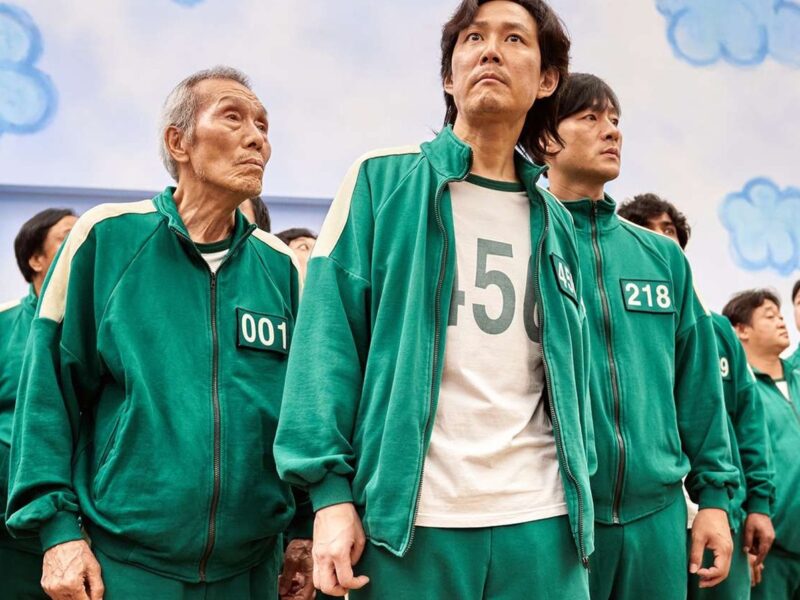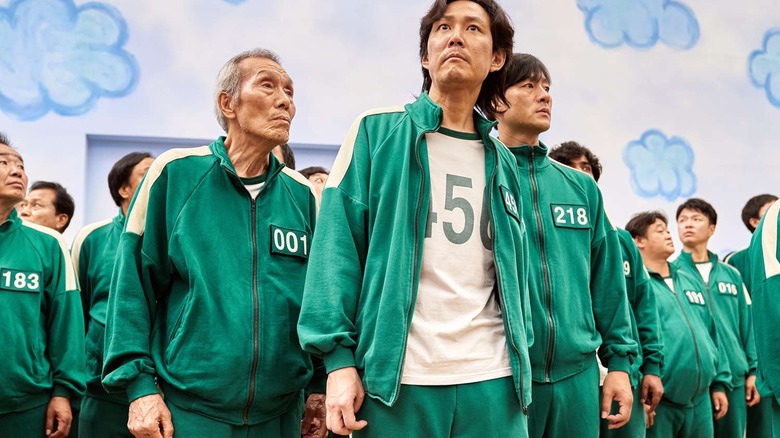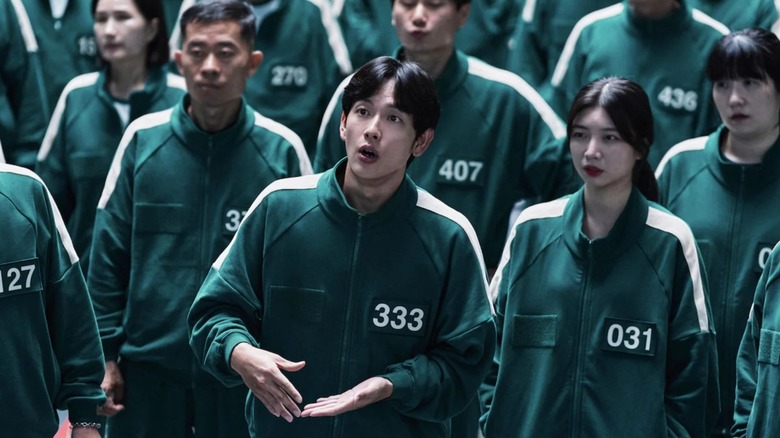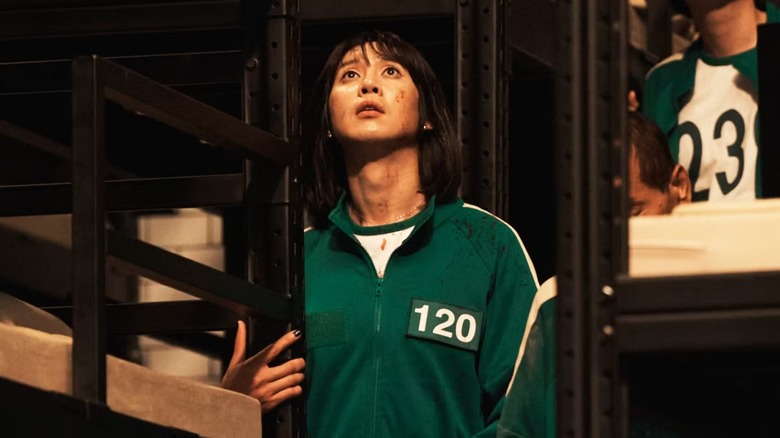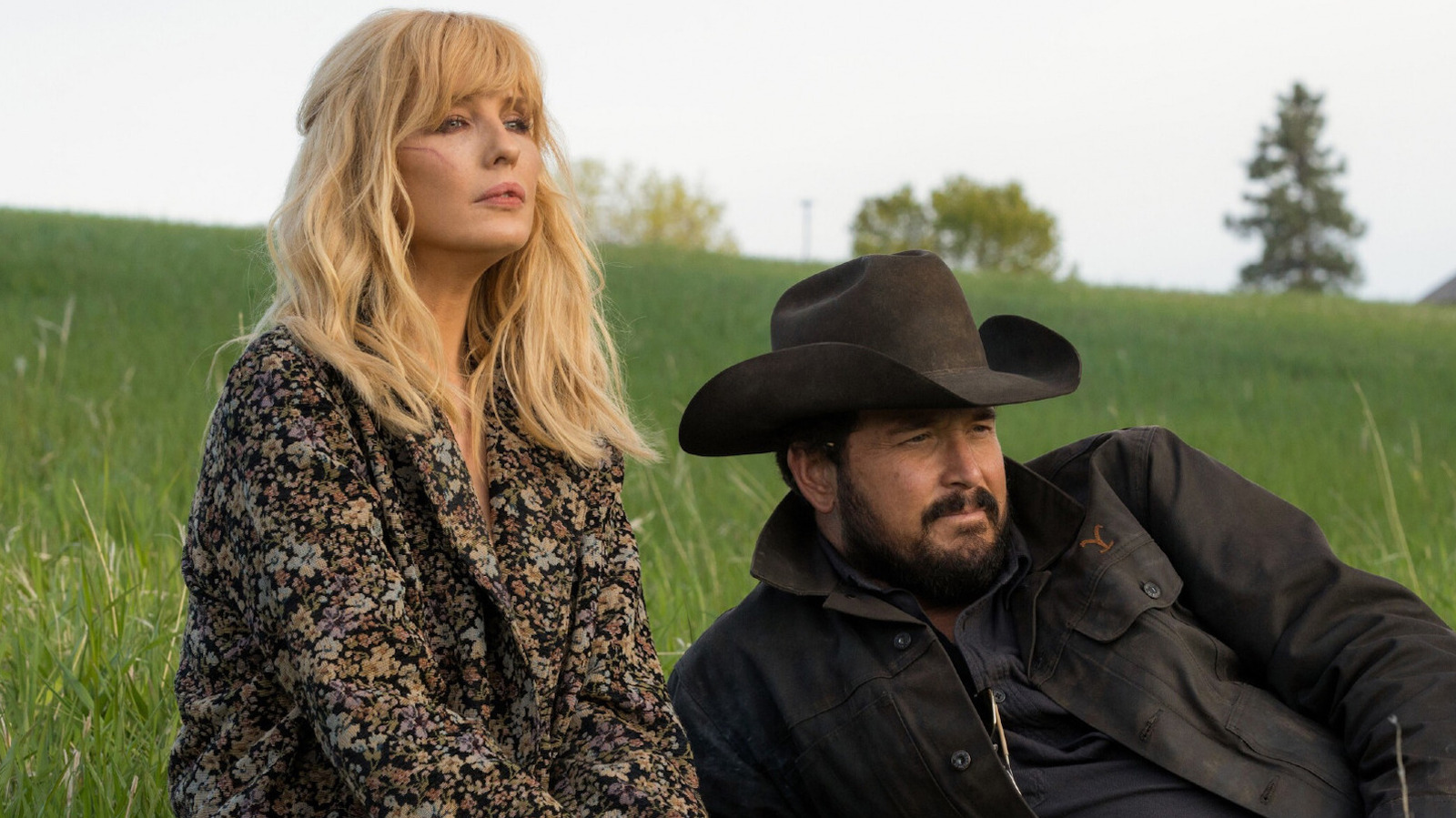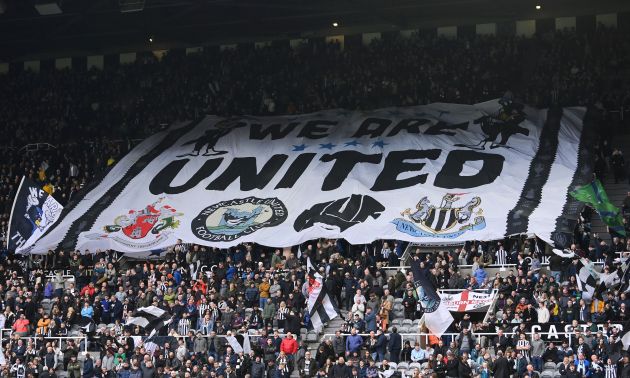Netflix's 'Squid Game' became a global hit in 2021 and has managed to maintain that status nearly three years later with the recent release of Season 2 (ending on an insanely depressing cliffhanger). Anticipation for the third and final season of the South Korean survival thriller is currently at an all-time high as the fates of its characters — both fresh and returning faces — remain up in the air. The real culprits of the titular games remain the mysterious subject Seong Gi-hun / Player 456 (Lee Jung-jae), who is seen in a dehumanizing death match. yet again in the show's second season because he wants to shut down the games for good. The latest iteration of the games seems bloodier than everrevealing terrible human tendencies in the face of a survival scenario designed to encourage the worst in us.
While the explosive popularity of “Squid Game” can be traced back to series creator/director Hwang Donghyuk's strong, compelling vision and the energetic performances behind it, social media trends undoubtedly played an integral role in helping the show gain traction. TikTok's trends revolving around episodes have partly helped establish it in the age of pop culture, whether it's viral fan cams, theorizing in short formats, or ultra-specific memes. Season 2 is no exception to this enduring virality, as you must have come across the recent “Mingle Dance” trend on Tiktok, which indicates a special challenge from the new season. You've probably come across thousands of fan cams by accident actor Lee Byung-hun, whose turn as The Front Man has kept audiences interested in his other cinematic contributions over the years.
Unfortunately, this obsessive checking can be a double-edged sword. Days after the show's Season 2 premiere, a TikTok video claimed that in 1986, the “real-life” Squid Game took place “in a bunker underground in no man's land where people were kept and had to play several games to survive” (via Korea Times). This statement was furnished with images of what appeared to be a dilapidated warehouse with vibrant walls and staircases similar to the grand, maze-like lobby in the series. The images also featured groups of people who were shown as unwilling participants in these supposedly inhuman death games. This video has been shared over 17,000 times and currently has over 50,000 likes.
This claim and some of the images shared with it have been proven to be true indisputably false.
No, the game Squid has nothing to do with the heartbreakingly horrific crimes of the frat house
The photos used on viral TikTok showed real inmates from Brothers Home, an internment camp in Busan that operated in the 1970s and 80s. These real, harrowing images were mixed with AI-generated warehouse components with pink and green walls to deliberately connect to the Netflix series. The false suggestion that “The Squid Game” is a dramatic reimagining of the real-life atrocities that took place in the frat house can be traced back to similar Internet rumors about Season 1, backed up by media articles that repeated these unsubstantiated claims around the time. Needless to say, it's a shame that the shocking reality of Brothers Home is tied to a fictional show for shock value, removing perception or empathy from the equation.
The horrors of the fraternity house require a long and nuanced discussion, but here are some bare facts about a Korean internment camp masquerading as a social welfare institution. South Korea experienced domestic reform efforts in the 1970s and 1980s as preparations for the Seoul Olympics were heavy, prompting a nationwide overhaul. This period was preceded by the lingering effects of the Korean War, which forced the government to focus on the most affected demographics. However, instead of rehabilitating the most vulnerable social groups, the government chose to “clean up” any symbols of “disorder” in order to strengthen its natural reputation before the Olympics. The Social Welfare Services Act of 1970 legitimized the arrest and detention of anyone deemed by the authorities to be 'vagrants', including orphans/unaccompanied children and people with disabilities.
An investigation into the Brothers Home, which was on paper a welfare center, revealed that inmates were subjected to forced labor, sexual abuse and horrific psychological torture. Testimony that appeared Investigations revealed that the chemical drugs were often force-fed prior to abuse, and contemporary reports tally 657 deaths at the Brethren House. To this day, no one has been held accountable for these deaths and the alleged human rights violations that occurred at the facility.
What the Netflix game Squid is actually based on
The main themes running through The Squidward Game might be pretty heavy, but any fictional premise that unflinchingly critiques capitalism and its effects (while focusing on what makes us human) is more than welcome in my book. Hwang Donghyuk compares the hellish death games to the unlivable real world, where people are weighed down by huge debts and desperate to make ends meet. Although The ethos of the Squid Games is undoubtedly dehumanizing and hypocriticalthese moral voids are easily bypassed by those who are willing to pay with their backs against the wall any the price of a dazzling piggy bank containing 45.6 billion won.
In 2021 interview with The Guardian newspaperDong-hyuk explained that the idea for “Squid Game” came about because of his financial situation in 2009 after the global financial crisis, which hit him and his family quite hard:
“I was very financially stressed because my mother retired from the company she worked for. There was a film I was working on but we couldn't get financing. So I couldn't work for about a year. We had to take out loans. – my mother, me and my grandmother (…) I read “Battle Royal” and “Liar Game” and other survival game comics that were about people who were desperate for money and success If in my life would be a survival game, I wondered if I would participate in it to earn money for my family, I realized that since I am a filmmaker, I could add different kinds of stories to this game, so I started on the script.”
Regarding the title of the series, the director stated that he played the “squid game” as a child, which is a version of tag that relies on physical strength for the winner to reach a squid head drawn on the ground. “I used to be good at fighting to the head of a squid. To win, you had to fight,” Donghyuk said, drawing inspiration from the thematic layers behind Gi-hun's victory in the pyrrhic and eventual return.
Source link

